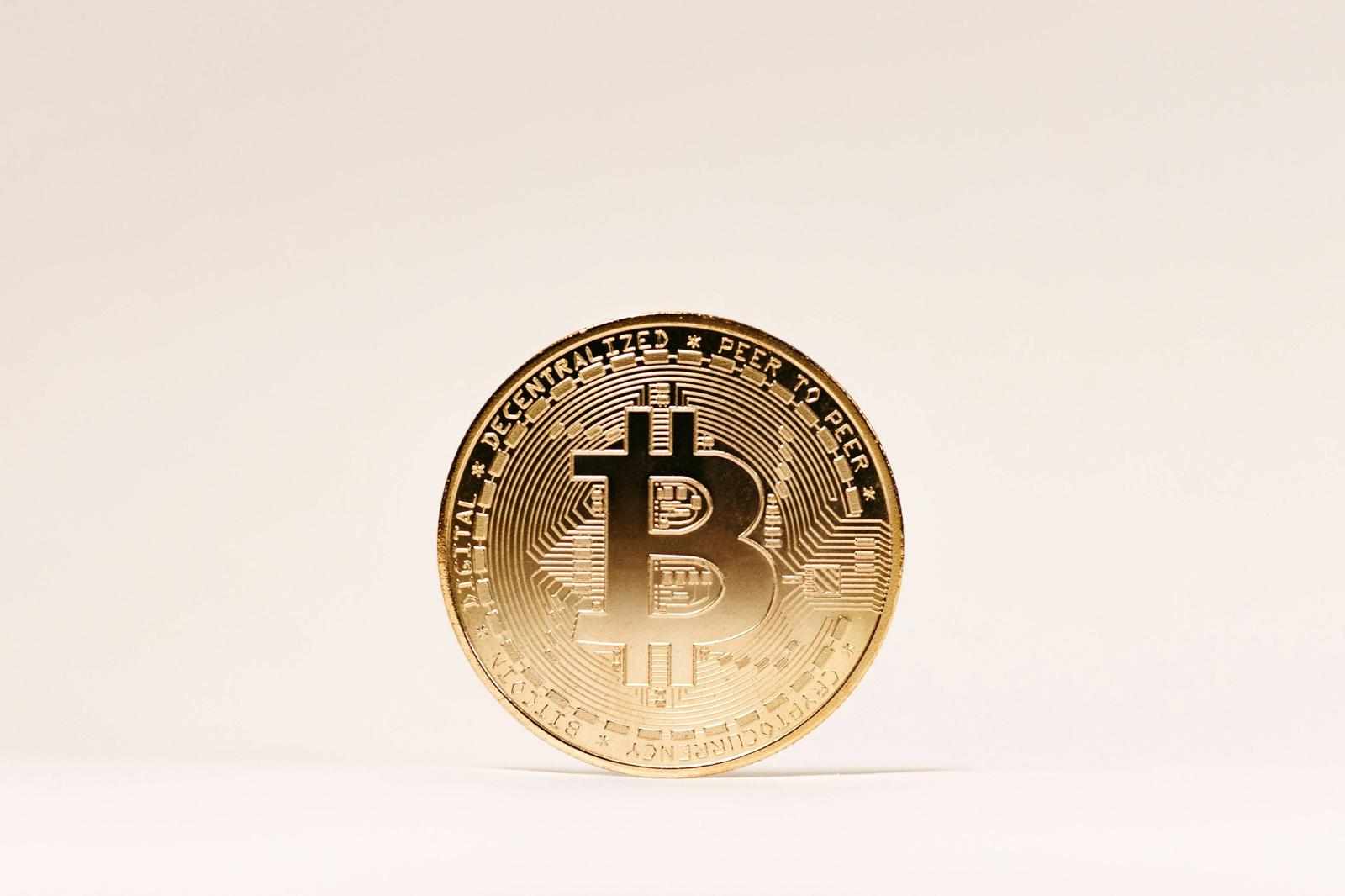
For decades, large populations across the Global South—regions including Sub-Saharan Africa, Southeast Asia, Latin America, and parts of the Middle East—have been left behind by traditional financial systems. Limited access to banks, poor infrastructure, high fees, and strict regulatory frameworks have made it nearly impossible for millions to participate in mainstream economic activity. But in recent years, decentralized crypto exchanges (DEXs) have emerged as a revolutionary force, unlocking new opportunities for financial inclusion.
Thanks to advancements in Cryptocurrency Exchange Development, decentralized platforms are empowering individuals with the tools they need to store, send, receive, and trade assets—without relying on centralized financial intermediaries. This shift is not just a matter of convenience; it’s a fundamental change in how access to finance is distributed globally.
Understanding Decentralized Crypto Exchanges
Decentralized crypto exchanges operate on blockchain networks and allow users to trade cryptocurrencies directly from their wallets. Unlike centralized exchanges that control user funds, DEXs are non-custodial and facilitate peer-to-peer transactions using smart contracts. They do not require users to submit personal documents or rely on banking infrastructure, making them highly attractive to people in developing countries who may lack formal identification or financial history.
Smart contracts automate the trading process, ensuring that transactions are transparent, irreversible, and secure. Some of the most well-known DEX platforms, such as Uniswap, PancakeSwap, and Sushiswap, have already demonstrated the global demand for permissionless trading systems. These platforms are not just tools for speculation—they are gateways to financial empowerment.
The Financial Inclusion Gap in the Global South
Many countries in the Global South suffer from significant gaps in financial infrastructure. In rural areas, banks are few and far between. Even in urban settings, many citizens distrust financial institutions due to corruption, instability, or past economic crises. Moreover, high remittance fees and strict currency controls make international money transfers expensive and inefficient.
According to the World Bank, over 1.4 billion adults globally remain unbanked, and most of them reside in the Global South. These individuals are often excluded from savings, credit, insurance, and other financial services that can help improve their economic conditions. Without access to formal finance, it is extremely difficult for them to start businesses, invest in education, or manage emergencies.
DEXs, however, present a unique opportunity to close this gap.
Why DEXs Are Ideal for the Global South
Decentralized exchanges offer a number of advantages tailored to the challenges faced in developing economies:
Accessibility Without Borders
DEXs are open to anyone with an internet connection and a crypto wallet. There’s no need for a bank account, ID verification, or credit history. This radically lowers the barriers to entry for individuals who have long been excluded from traditional finance.
Low Transaction Costs
Many decentralized platforms offer significantly lower transaction fees than banks or centralized crypto exchanges. For people living in low-income regions, reducing the cost of money transfers or trades by even a few dollars can be life-changing.
Financial Sovereignty
Users of DEXs retain full control of their assets. There is no central authority that can freeze funds, impose withdrawal limits, or close accounts arbitrarily. This gives individuals in politically or economically unstable regions a sense of financial security.
Cross-Border Transactions
DEXs allow for fast, borderless transactions, enabling users to send and receive payments across countries without involving banks or money transfer operators. This is especially helpful for migrant workers who want to send money back home without incurring high remittance fees.
Protection Against Inflation and Currency Devaluation
In countries suffering from high inflation or volatile local currencies, DEXs provide access to stablecoins and other cryptocurrencies that preserve value. This can act as a safeguard for savings and allow people to escape the damaging effects of hyperinflation.
Challenges to Overcome
While the benefits of decentralized exchanges are clear, there are still hurdles to address before they can reach their full potential in the Global South.
Internet Access and Digital Literacy
Many remote areas still lack consistent internet connectivity or access to smartphones. Additionally, low levels of digital literacy can make it difficult for individuals to understand how wallets, private keys, and DEX platforms work.
Regulatory Uncertainty
Governments in many developing countries remain wary of cryptocurrencies. Inconsistent or restrictive policies can hinder the growth of decentralized platforms or create legal uncertainty for users.
Security and Scams
With greater control comes greater responsibility. Users who lose their private keys lose access to their funds permanently. Moreover, the crypto space is often targeted by scams, rug pulls, and phishing attacks that prey on inexperienced users.
Despite these challenges, the long-term trajectory points toward increasing adoption as awareness, education, and infrastructure continue to improve.
Real-World Examples of Impact
Several case studies demonstrate how DEXs are already making a difference in the Global South.
In Nigeria, where inflation and currency controls have devalued the naira, citizens are increasingly using decentralized platforms to access stablecoins and protect their savings. In Venezuela, people are turning to DEXs to bypass government restrictions and receive remittances in crypto. Across Southeast Asia, micro-entrepreneurs are leveraging decentralized finance (DeFi) tools to fund their small businesses without traditional loans.
These examples illustrate how DEXs are not just speculative platforms—they are lifelines for financial resilience.
Conclusion
Decentralized crypto exchanges are redefining financial inclusion for the Global South. By removing intermediaries and providing open, permissionless access to financial services, DEXs offer a viable path toward economic empowerment for the unbanked and underbanked. As Cryptocurrency Exchange Development continues to evolve, the reach and functionality of these platforms will only grow stronger, more user-friendly, and more impactful.
At WisewayTec, we are committed to driving this transformation by delivering innovative blockchain solutions tailored for real-world problems. As a Best Cryptocurrency Exchange Development Company, our goal is to ensure that no one is left behind in the global shift toward decentralized finance.
Frequently Asked Questions (FAQs)
1. What is a decentralized crypto exchange (DEX)?
A decentralized exchange is a blockchain-based platform that allows users to trade cryptocurrencies directly without relying on a central authority or intermediary. It operates using smart contracts to facilitate transactions.
2. How do DEXs promote financial inclusion?
DEXs provide open access to financial services without the need for bank accounts, IDs, or credit history. This is especially beneficial in regions where traditional financial systems are limited or exclusionary.
3. Are DEXs safe to use in developing countries?
While DEXs offer strong security through blockchain and self-custody, users must be educated on best practices, such as protecting private keys and avoiding scams.
4. Can DEXs help with international money transfers?
Yes, DEXs support borderless transactions, making it easy and affordable to send and receive money across countries, bypassing traditional remittance services.
5. What role does WisewayTec play in this space?
WisewayTec is a leading provider of exchange development solutions. We specialize in building secure, scalable, and inclusive decentralized platforms to promote global financial access.


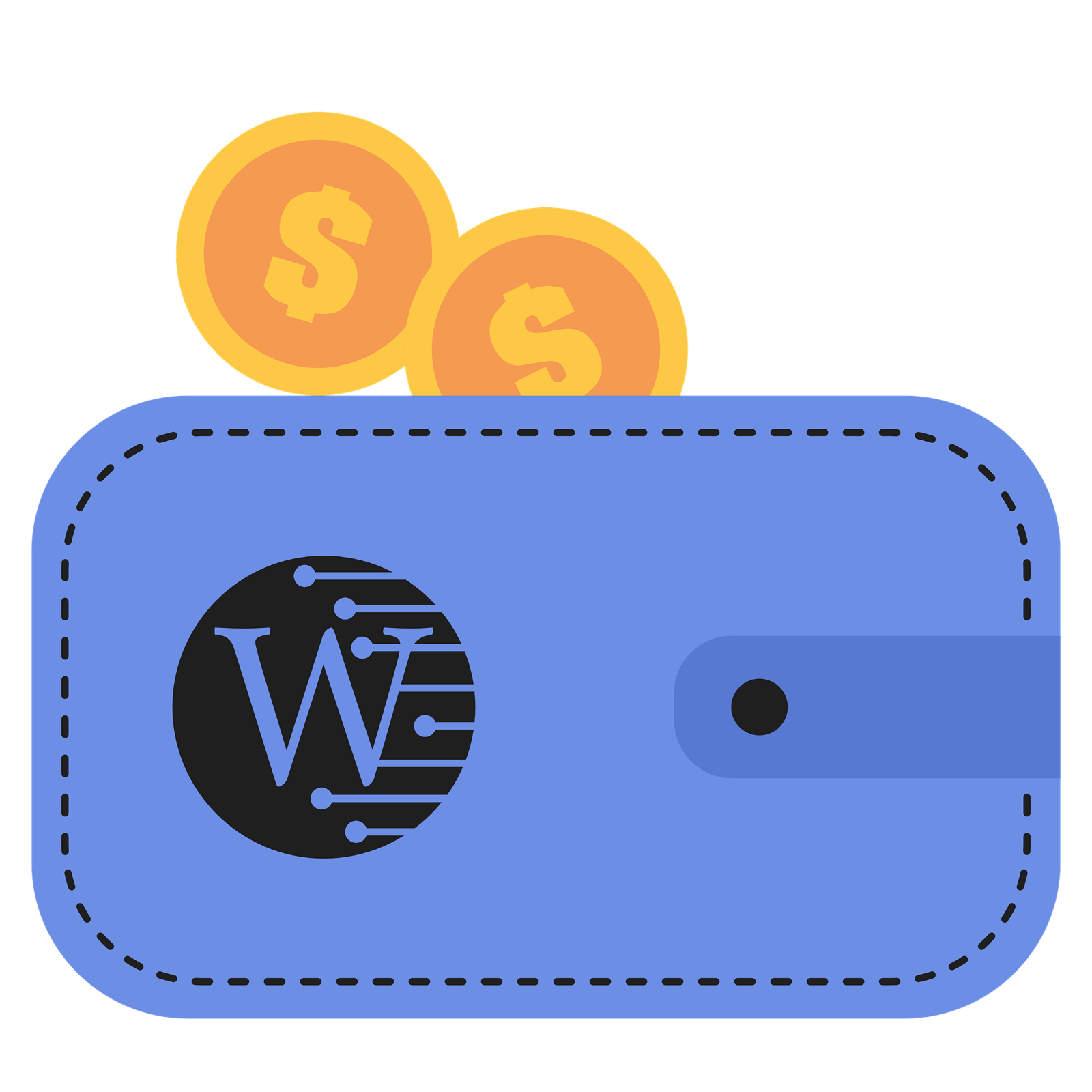
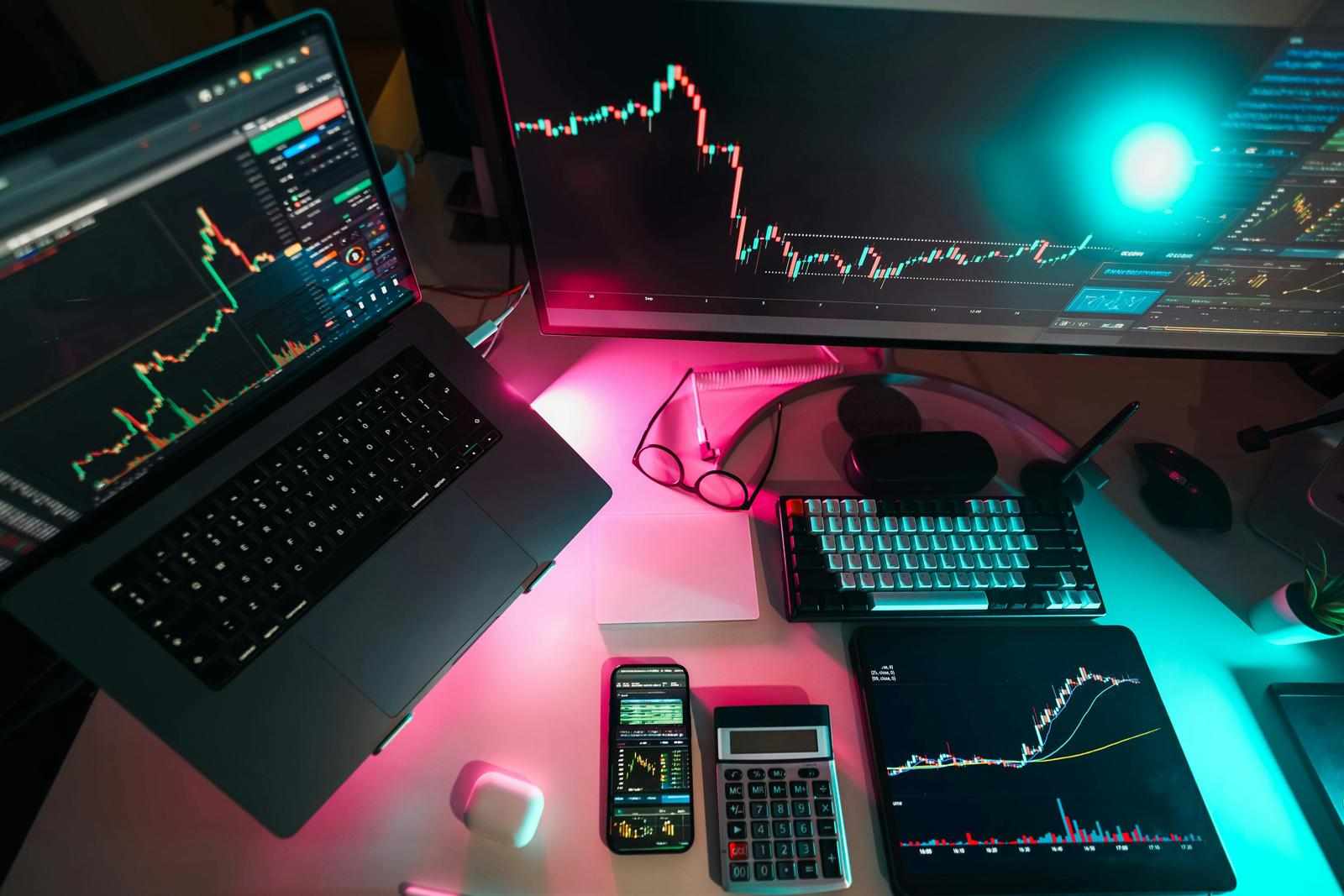
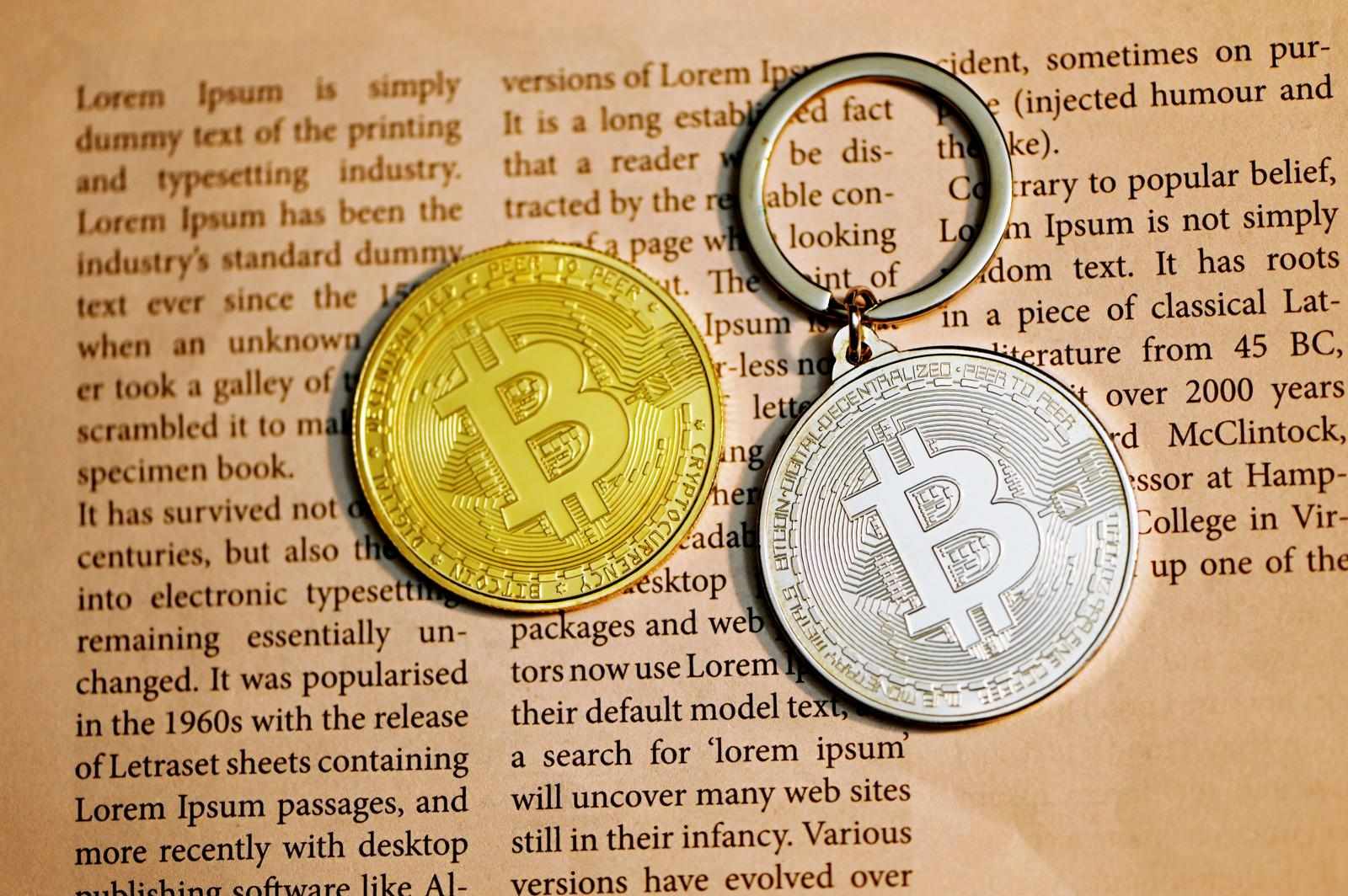
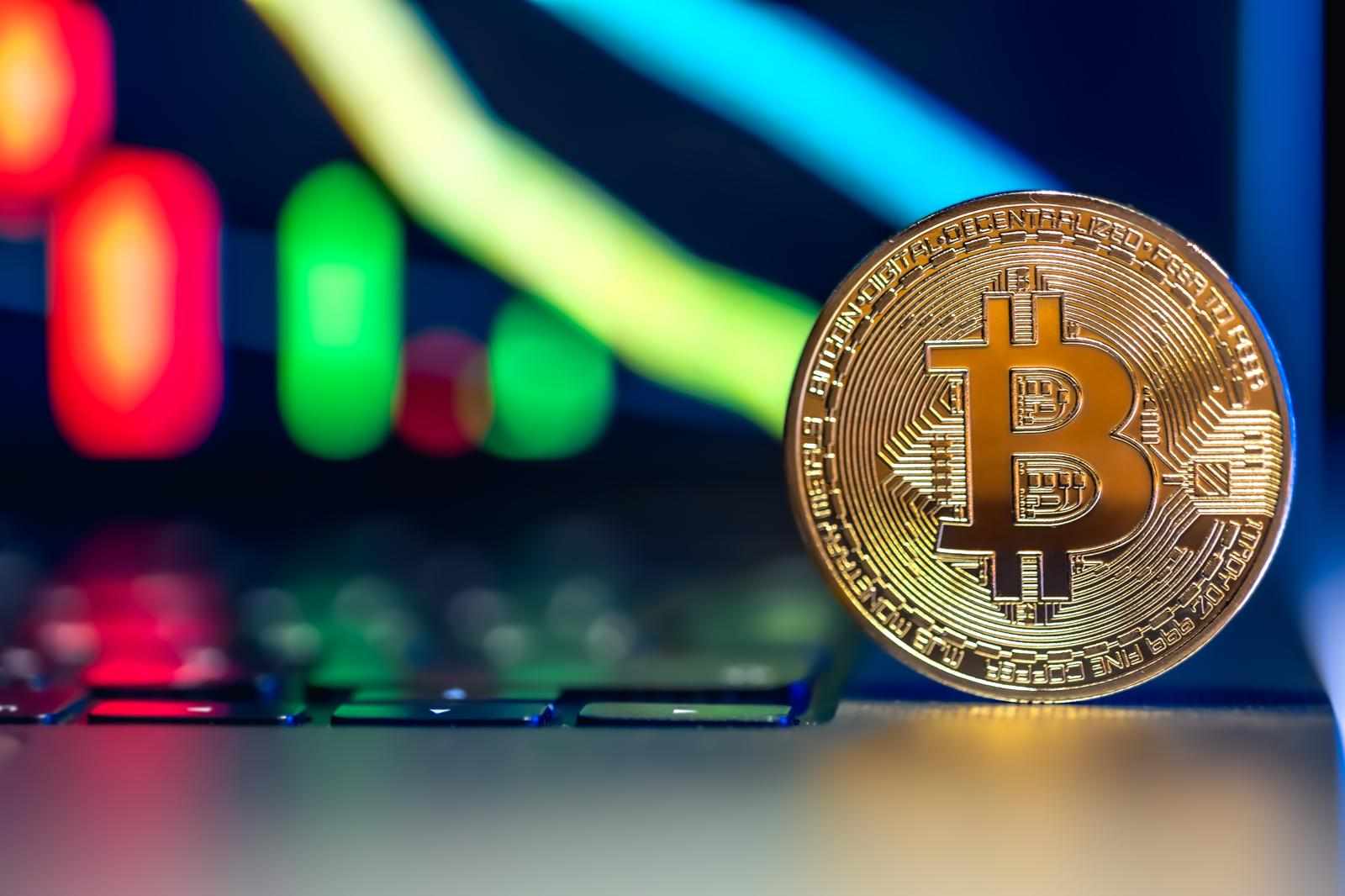
Write a comment ...